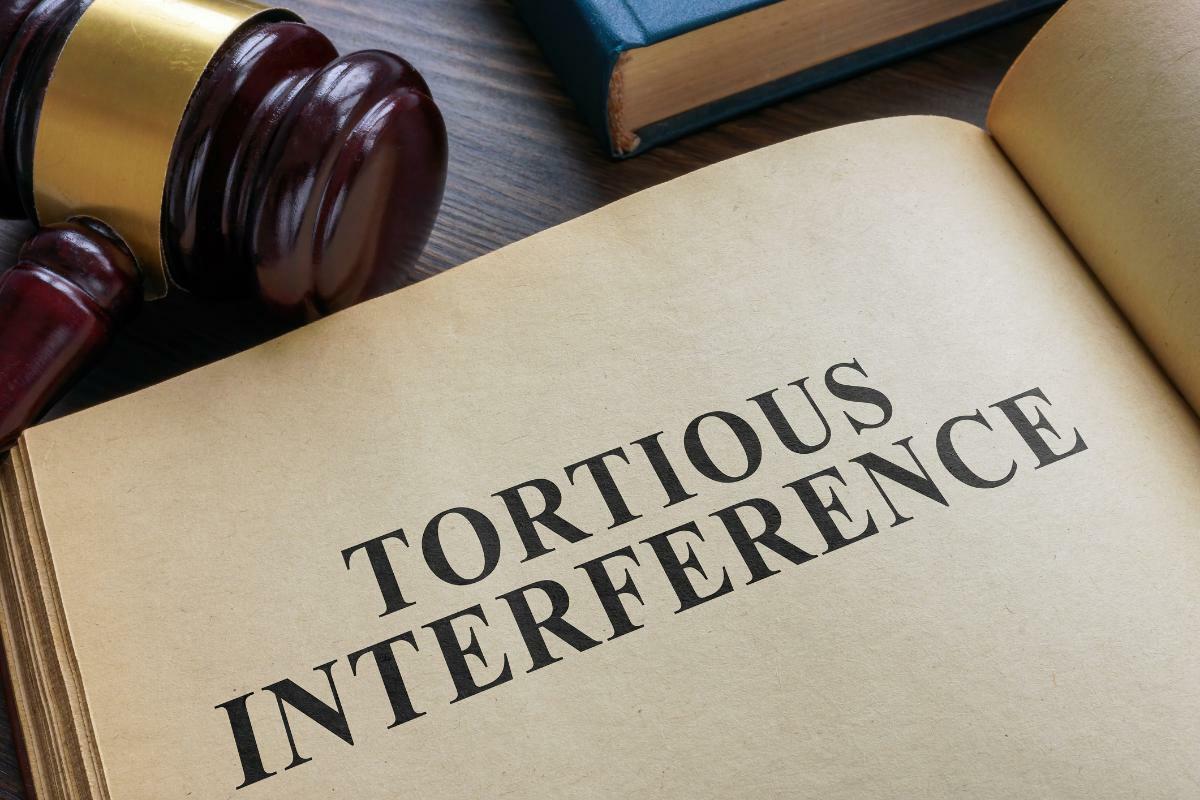Running an Arizona business requires ongoing legal advice to ensure that you comply with all applicable laws. You also should seek legal counsel when a business dispute arises to best protect your rights. We have a wealth of experience handling the various legal needs of clients who are starting a business in Arizona in various industries. A business attorney in Arizona at Provident Law® can advise you of your legal rights and responsibilities under all applicable laws as you operate your business.
Defining Tortious Interference with Business
American businesses generally enjoy a free market, which necessarily results in competition with other similar businesses. While competition is a normal part of doing business, some actions can go beyond competition to become illegal under state law when they intentionally and improperly interfere with or disrupt either an existing legally valid business contract or relationship. These illegal activities are known as tortious interference with business, and they have the potential to cause great financial losses and damage to your business reputation.
If a business competitor negatively affects your business prospects, relationships, or operations, you may have a civil legal claim against that person or company for tortious interference with business. You can seek damages to your business that resulted from the tortious interference by the other party. Some common examples of tortious interference with business include the following:
- Causing another person or business to violate or terminate a contract with your business;
- Improperly soliciting or recruiting your business customers or clients;
- Defaming or slandering your business reputation to cause your business to lose existing or prospective customers;
- Inducing your employees to break nondisclosure or noncompete agreements;
- Creating unfair advantages for their business by offering prices below market or otherwise taking financial losses;
Elements of a Tortious Interference Claim
Generally, tortious interference occurs when a person or business purposely induces a third party to violate or terminate a contract or a business relationship with your business. There must be no justifiable legal reason for the interference to occur, and the interference must come from a third party, not the original parties to the contract or business relationship. The business contract or relationship at issue may involve an existing or potential contract or relationship, also known as an expectancy.
A claim for tortious interference with business involves establishment of the following elements:
- Existence of a valid business contract or relationship, or an expectation of a contract or relationship;
- Knowledge of the existing or potential contract or relationship by the third party;
- Intentional interference that induces or causes a breach of the existing or prospective contract or relationship;
- Resulting damages to the business whose existing or prospective contract or relationship was disrupted; and
- Improper actions by the third party.
Cases of tortious interference with business are extremely fact-sensitive. Therefore, the situation’s circumstances largely dictate the outcome of the business’s claim against the third party.
Improper Conduct
Determining whether a third party’s conduct was improper for establishing a tortious interference with business claim relies on the following factors:
- The nature of the third party’s actions;
- The third party’s motive for their actions;
- The interests of the business that is the subject of the interference;
- The third party’s interests that they seek to advance by their actions;
- The social interests in protecting the freedom of action by the third party and the contractual interests of the business;
- The proximity of the third party’s conduct to the interference; and
- The relationship between the parties.
Damages in Tortious Interference with Business Claims
When a business successfully proves a tortious interference with business claim, it can claim economic damages, or damages for its financial losses resulting from the interference. It also may seek punitive damages in appropriate cases. Finally, it can seek equitable relief, such as an order to the third party to cease its improper activities.
Defenses Against Tortious Interference with Business
Depending on the circumstances, third parties may raise various defenses against a claim of tortious interference with business. Possible defenses relate to each element of the claim, such as the following:
- Lack of intent to improperly interfere with the business;
- Lack of knowledge of the contract or business relationship, whether prospective or current;
- Legal justification or privilege that protected the third party’s actions;
- No breach of contract or damage to a business relationship occurred;
- No valid legal contract was in effect at the time of the activities; or
- Actions by the third party were not improper.
We Are Here to Help You with Your Arizona Business Matters
We aim to give you the crucial advice you need concerning your Arizona business law issues. Contact the offices of Provident Law today at (480) 388-3343 or online and schedule an appointment to speak with our business attorney in Arizona about your legal matter.


